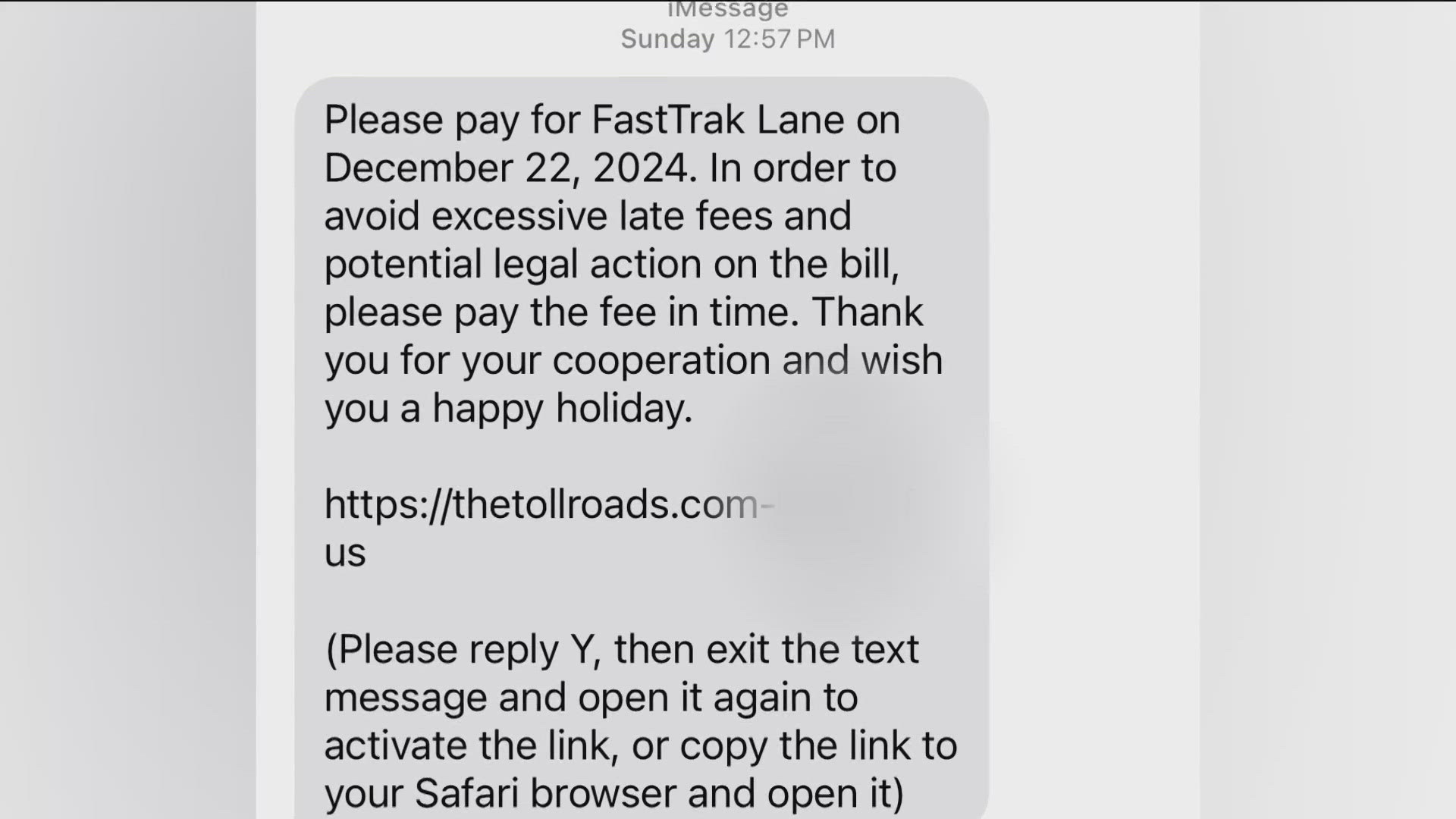
Beware of FasTrak Scam Texts Demanding Payments and Personal Info
Recently, a disturbing trend has emerged in which scammers are targeting FasTrak drivers across California with threatening text messages. These texts claim that drivers owe toll road fees and warn of potential legal consequences unless immediate payment is made. The scammers use fear tactics to pressure victims, often including a link in the message that, if clicked, can expose personal information or install malware.
This new scam is rapidly gaining traction, especially in Southern California, where FasTrak lanes are a popular way to avoid traffic congestion. The scam operates under the guise of a toll fee reminder, even reaching those who may not have used the FasTrak lanes. The fraudulent texts often cite large fines and the threat of legal action, urging recipients to click on a link to settle their supposed toll balance.
Also Read:- Liverpool Dominates Premier League with Stunning Victory Over West Ham
- Linda Lavin, Beloved 'Alice' Star, Passes Away at 87: A Tribute to Her Legendary Career
Victims are asked to provide sensitive personal information, including credit card details. Unfortunately, clicking the link or engaging with these messages can compromise your financial and personal security. One of the major issues is that the scammers often spoof legitimate FasTrak communication, making it hard for recipients to distinguish between a genuine message and a fraud.
Cristi Hernandez, a San Diego resident, shared her experience of receiving similar scam texts multiple times. She took the precautionary step of blocking the numbers, recognizing the fraudulent nature of the messages after hearing about such scams on the news. In response to these growing threats, organizations like the Identity Theft Resource Center have reported a spike in these types of scams across several states, including California.
Authorities, including California’s Attorney General, have issued public warnings about the rise of text-based toll scams. In light of these warnings, agencies such as SANDAG’s FasTrak service have placed alerts on their websites to inform users about the scam. They advise customers to verify any suspicious messages by logging into their FasTrak account directly or by calling customer service.
If you receive a message claiming you owe toll fees, it’s crucial not to respond or click on any links provided. Instead, delete the message and, if you're concerned, contact the toll service directly to check your account status. You can also report the scam to appropriate authorities to help prevent further victims from falling prey to these schemes.
The increase in toll road scams reflects a broader trend of cybercriminals using increasingly sophisticated methods to exploit people’s trust. With more drivers depending on FasTrak to navigate the busy highways, it's important to stay vigilant and informed to avoid falling victim to these malicious attempts.
Read More:



0 Comments